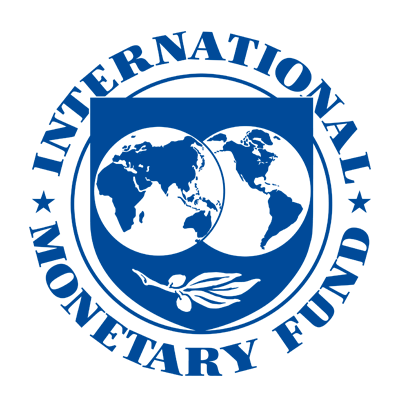Washington, DC: An International Monetary Fund (IMF) team led by Ms. Maria Gonzalez conducted discussions on the Indonesian economy for the 2025 Article IV Consultation over November 3-12, 2025. At the end of the mission, Ms. Gonzalez issued the following statement:
“The Indonesian economy has shown resilience amid adverse shocks. Growth is expected to remain steady at 5.0 percent in 2025 and 5.1 percent in 2026, despite a challenging external environment, reflecting support from fiscal and monetary policies. Headline inflation is well anchored and projected to converge towards the midpoint of the target range. The current account deficit would remain well contained in 2025-26, with comfortable reserves.
“Risks are tilted to the downside. Escalating trade tensions, prolonged uncertainty, and global financial market volatility remain key external risks. On the domestic side, large policy shifts, if not implemented with sufficiently robust guardrails, could build up vulnerabilities. Upside risks include bolder structural reforms, including faster-than-anticipated push on the trade front, and positive spillovers from stronger growth among trading partners.
“Staff expect the fiscal deficit to widen to around 2.8 percent of GDP in 2025, and around 2.9 percent next year based on more conservative growth and revenue projections than those envisaged in the 2026 budget of 2.7 percent of GDP. Carefully managing budget execution to secure the authorities’ budget target would provide needed fiscal support to the economy while preserving fiscal space to be deployed if downside risks materialize. Keeping fiscal risks well-contained will require continued careful fiscal management as well as strong safeguards and rigorous oversight of quasi-fiscal operations. Stronger revenue mobilization, with a focus on high-quality spending and spending efficiency would further enhance fiscal policy effectiveness to support growth.
“The shift to monetary policy easing, with the realignment of BI’s various instruments in a supportive direction, is appropriate. The 150 bps rate cuts and liquidity-enhancing measures should gradually strengthen credit growth; credit demand would be boosted by efforts to support confidence and policy predictability. Going forward, there may be room for some further policy rate cuts. The extent and pace of such cuts should continue to be data-dependent, consider the lagged effects of BI’s actions already taken, and account for the supportive fiscal impulse and the need to preserve space against external shocks. Continuing exchange rate flexibility will help to absorb shocks. Under the IMF’s Integrated Policy Framework, foreign exchange intervention could be part of the policy response given Indonesia’s relatively shallow foreign exchange markets, in case of risk-off shocks that trigger excessive tightening of financial conditions. Such interventions would need to balance the need to preserve buffers in a shock-prone world. A preliminary assessment of Indonesia’s external position in 2025 finds it is broadly in line with the level implied by medium-term fundamentals and desirable policies.
“The financial system is broadly resilient. Amid a negative credit gap, a near-term accommodative macroprudential stance is appropriate. Looking forward, gradually starting a shift towards a neutral stance as credit growth builds pace would safeguard against potential macro-financial risks. As the government seeks to mobilize the financial sector for its growth agenda, ensuring appropriate guardrails will help maintain the sector’s resilience.
“Indonesia remains firm in its “Golden Vision” of becoming a high-income country by 2045. To achieve it, authorities have targeted higher growth through a supportive macro policy mix, and expanding state-led initiatives, including the downstreaming and self-sufficiency agendas. Raising long-term growth durably and inclusively will require ambitious horizontal structural reforms—including on infrastructure, deregulation, reducing trade barriers, and further enhancing global integration—boosting the supply side of the economy and helping generate strong MSMEs, higher FDI and a dynamic private sector. Closing physical, human capital (education and skills) and institutional (governance and anti-corruption) gaps will also be critical to increase long-term growth and lift productivity. Staff analysis show that significantly deepening trade integration efforts with major partners—with a focus on reducing non-tariff barriers with complementary structural reforms to boost productivities across sectors, could be an important driver in Indonesia’s goal to reach high-income status. Recent proactive effort to engage with a broad range of trading partners to leverage global markets through a reduction of tariffs and non-tariff barriers as well as FDI facilitation have successfully delivered on the recent announcement of important agreements (Canada, EU-CEPA), while a potential deal with the US is well advanced. While full details and implementation of these agreements are pending, these efforts constitute an important step towards delivering growth and productivity gains.
“The IMF team met with officials in the government, Bank Indonesia, Financial Services Authority (OJK), other public agencies and representatives of the private sector and civil society. The team would like to thank the authorities and other interlocutors for the transparent and constructive discussions, as well as for excellent logistical support.”
